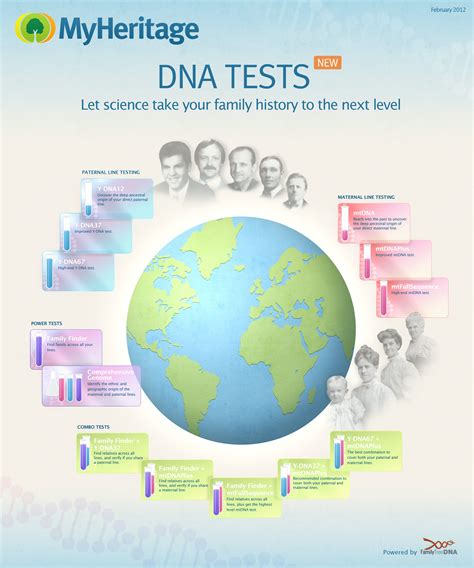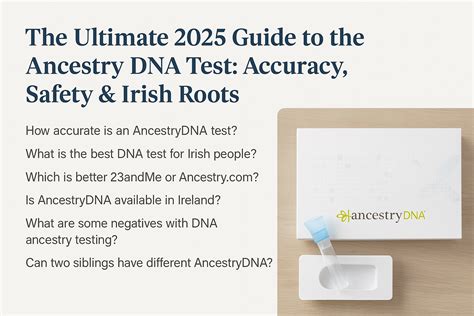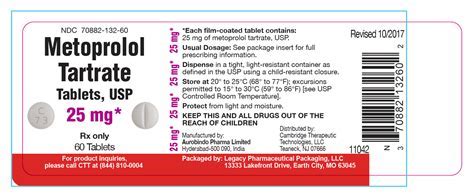Dna Testing Kits: Unlock Your Ancestry Secrets

The advent of DNA testing kits has revolutionized the way we explore our ancestry, allowing individuals to uncover hidden secrets and connect with distant relatives. With the advancement of genetic technology, these kits have become increasingly popular, providing a fascinating glimpse into our ancestral heritage. But what exactly do these kits entail, and how do they work?
Understanding DNA Testing Kits

DNA testing kits are designed to analyze an individual’s genetic material, specifically their DNA, to provide insights into their ancestral origins. These kits typically involve a simple cheek swab or saliva sample, which is then sent to a laboratory for analysis. The resulting data is compared to a vast database of genetic information, allowing researchers to identify patterns and connections that reveal an individual’s ancestral roots.
There are several types of DNA testing kits available, each with its own unique features and capabilities. Some popular options include:
- Autosomal DNA tests: These tests analyze the DNA found in an individual’s autosomes, which are the non-sex chromosomes. This type of test can reveal information about an individual’s ancestral origins, as well as connect them with distant relatives.
- Mitochondrial DNA tests: These tests focus on the DNA found in an individual’s mitochondria, which is passed down from mother to child. This type of test can provide insights into an individual’s maternal lineage.
- Y-DNA tests: These tests analyze the DNA found on the Y chromosome, which is passed down from father to son. This type of test can provide insights into an individual’s paternal lineage.
How DNA Testing Kits Work

The process of using a DNA testing kit is relatively straightforward. Here’s a step-by-step guide:
- Ordering the kit: Individuals can purchase a DNA testing kit from a reputable company, such as AncestryDNA or 23andMe.
- Providing a sample: The individual provides a cheek swab or saliva sample, which is then sent to a laboratory for analysis.
- DNA analysis: The laboratory analyzes the DNA sample, using advanced genetic technology to identify specific genetic markers.
- Comparing data: The resulting data is compared to a vast database of genetic information, allowing researchers to identify patterns and connections that reveal an individual’s ancestral roots.
- Receiving results: The individual receives their results, which may include information about their ancestral origins, genetic traits, and connections to distant relatives.
One of the most exciting aspects of DNA testing kits is the ability to connect with distant relatives. Many individuals have reported discovering previously unknown relatives, or even reconnecting with family members they thought were lost forever.
Benefits of DNA Testing Kits
The benefits of DNA testing kits are numerous. Some of the most significant advantages include:
- Ancestral discovery: DNA testing kits provide a unique opportunity to explore an individual’s ancestral heritage, revealing hidden secrets and connections to distant relatives.
- Genetic trait identification: Many DNA testing kits can identify specific genetic traits, such as susceptibility to certain diseases or conditions.
- Family connection: DNA testing kits can help individuals connect with distant relatives, potentially leading to new family relationships and a deeper understanding of their ancestral roots.
- Personalized medicine: Some DNA testing kits can provide insights into an individual’s genetic predispositions, allowing for personalized medicine and targeted health interventions.
Potential Drawbacks and Limitations
While DNA testing kits offer many benefits, there are also potential drawbacks and limitations to consider. Some of the most significant concerns include:
- Privacy concerns: DNA testing kits require individuals to provide sensitive genetic information, which may raise concerns about privacy and data protection.
- Accuracy and reliability: The accuracy and reliability of DNA testing kits can vary, depending on the quality of the sample and the sophistication of the analysis.
- Interpretation and understanding: The results of DNA testing kits can be complex and difficult to interpret, requiring a basic understanding of genetics and ancestral origins.
Pros and Cons of DNA Testing Kits
| Pros | Cons |
|---|---|
| Ancestral discovery and exploration | Privacy concerns and potential data breaches |
| Genetic trait identification and personalized medicine | Accuracy and reliability concerns |
| Family connection and potential reunification | Interpretation and understanding challenges |

Real-World Applications and Future Directions

DNA testing kits have numerous real-world applications, from personalized medicine to forensic analysis. Some of the most exciting future directions include:
- Precision medicine: DNA testing kits can provide insights into an individual’s genetic predispositions, allowing for targeted health interventions and personalized medicine.
- Genealogy and ancestral research: DNA testing kits can help individuals explore their ancestral heritage, connecting them with distant relatives and revealing hidden secrets.
- Forensic analysis: DNA testing kits can be used in forensic analysis, helping to solve crimes and identify unknown individuals.
Getting Started with DNA Testing Kits
- Research and select a reputable DNA testing company
- Order a DNA testing kit and provide a sample
- Wait for results and explore your ancestral heritage
- Connect with distant relatives and explore new family relationships
- Consider additional testing or analysis to further explore your genetic traits and ancestral origins
Frequently Asked Questions
What is the difference between autosomal DNA, mitochondrial DNA, and Y-DNA tests?
+Autosomal DNA tests analyze the DNA found in an individual's autosomes, while mitochondrial DNA tests focus on the DNA found in an individual's mitochondria. Y-DNA tests analyze the DNA found on the Y chromosome, which is passed down from father to son.
How accurate are DNA testing kits?
+The accuracy of DNA testing kits can vary, depending on the quality of the sample and the sophistication of the analysis. However, most reputable companies report accuracy rates of 99% or higher.
Can DNA testing kits be used for medical diagnosis or treatment?
+While DNA testing kits can provide insights into an individual's genetic predispositions, they should not be used for medical diagnosis or treatment. Individuals should consult with a healthcare professional for personalized medical advice.
How do I choose the best DNA testing kit for my needs?
+When selecting a DNA testing kit, consider factors such as the type of test, the company's reputation, and the level of detail provided in the results. It's also important to read reviews and consult with experts to ensure you're making an informed decision.
Can I use a DNA testing kit to connect with distant relatives?
+Yes, many DNA testing kits can help individuals connect with distant relatives. These kits often include features such as relative matching and family tree building, which can facilitate connections with distant relatives and help individuals build a more complete picture of their ancestral heritage.
In conclusion, DNA testing kits offer a fascinating glimpse into our ancestral heritage, providing insights into our genetic traits, ancestral origins, and connections to distant relatives. While there are potential drawbacks and limitations to consider, the benefits of DNA testing kits make them an exciting and valuable tool for anyone interested in exploring their ancestral roots. By understanding how DNA testing kits work, individuals can unlock the secrets of their ancestry and discover new and exciting aspects of their family history.



